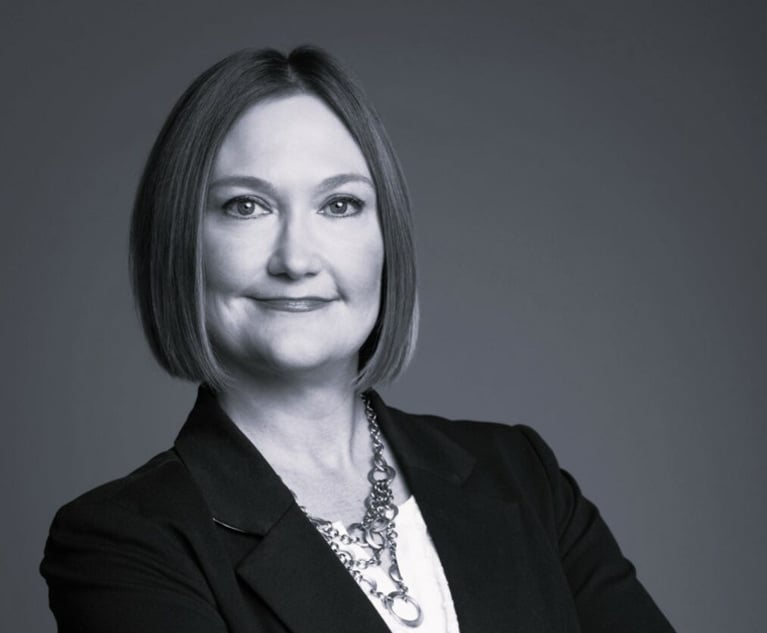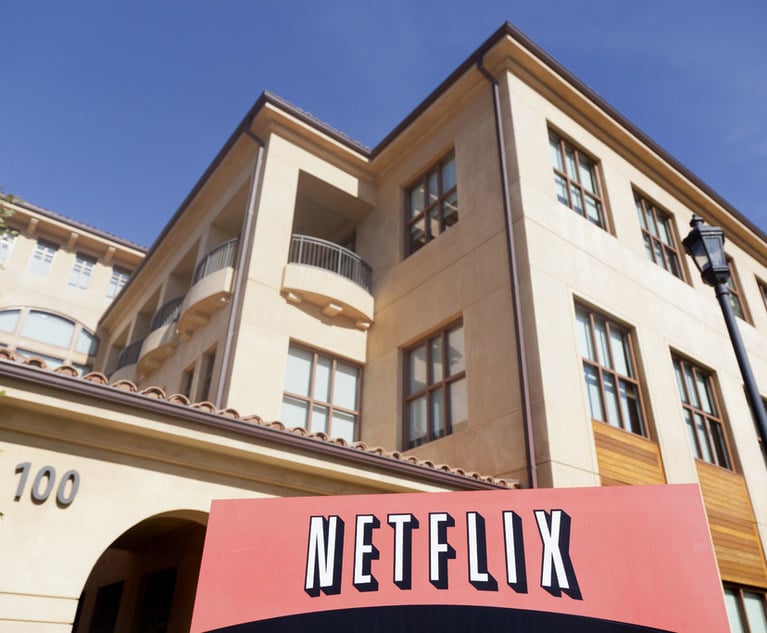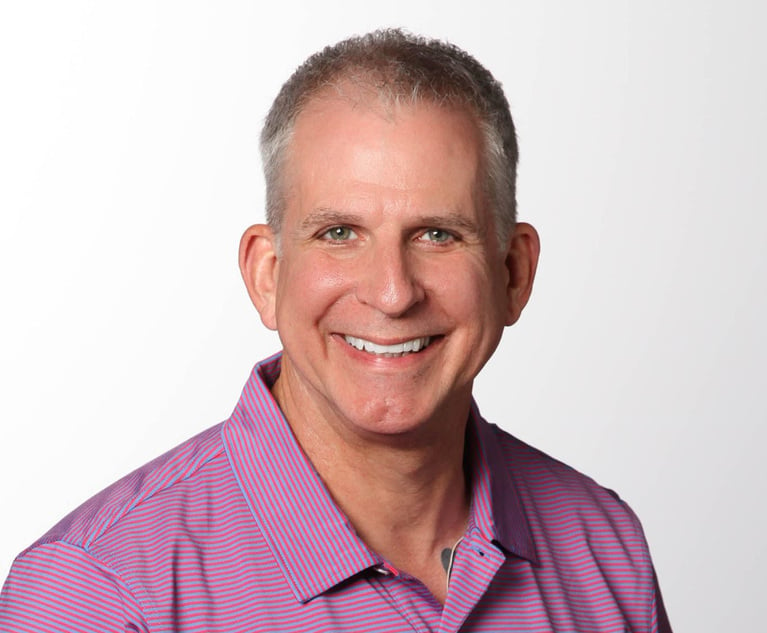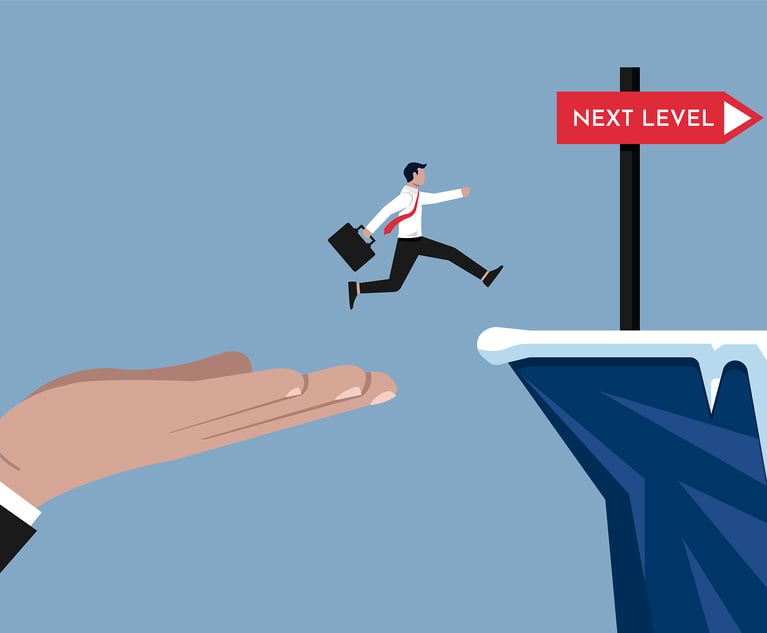Inside the company and how the business works, I’ve never seen anything like it in corporations. It’s different from other corporate cultures I’ve been part of and aligns well with who I am.
CC: Why is the legal ops function a necessary component of the law department?
JM: Law departments typically are not known for efficiency. That’s one thing they don’t come out of law school with or practice in their careers.
Some of them, individually, might be efficient, so they work that into how they deliver their legal work product to their business partners. But they don’t know efficiency. They don’t know automation. They don’t know scale. They come out of law school and they know how to mitigate risk and write the contract.
Legal ops and technology folks breathe efficiency. They know how to get lawyers and legal professionals to do more with less and to grow the department in a healthy way—more in line with the growth of the business.
You don’t want your department to grow faster than revenue, and then you have this lopsided department of people doing work in a slow, inefficient way.
CC: What is the nature of the relationship between the general counsel and the legal ops function?
JM: The relationship between the general counsel and the legal ops function is one of mutual compatibility and need. When I left Cisco, I didn’t realize the depths of buy-in and support I had with the general counsel.
The strategy of a legal ops team should be interwoven with the general counsel’s strategy for the department. I learned all of this when I had to build the value story, buy-in and strategy from scratch with a new team at Spotify.
If your GC isn’t plugged in and curious about the legal ops function, it might not feel like all the lights are on in the room.
The legal department and legal ops function is a relationship of urgent need. If your legal ops function does it right, most of your legal department will know of them, the value they add, and will not remember a time when they didn’t have a legal ops function because they’re always there helping to think through problems, solutions and automations to make the legal department’s work and, ultimately, the business move faster.
CC: What is your strategy for building out the legal ops team?
JM: Drive slowly. Enjoy the scenery. It’s building a team for today’s problems and some of tomorrow’s. It’s starting slow and getting a really good understanding of how the business operates and how our legal team supports that business—their top pain points, and the general counsel’s strategy. Then coming up with one to three areas as a starting point for your team and trying to do those relatively well and deliver value quickly. Then build your other functions.
When I learned to play the bass guitar, my bass instructor fired me after seven months, and I said, “I’m not ready to stop learning.” He said, “I’m teaching you how to teach yourself to play bass. I gave you the whole curriculum. You have to go home and repeat it and run scales.” … So I did that for two years, joined five bands, and toured the world.
And that’s what I look for when it comes to hiring legal ops and technology talent; people who know how to drive their own learning.
CC: What are the biggest lessons you’ve learned as a legal ops professional, so far?
JM: You can’t be good at everything, so don’t try to be. It’s OK to say I can’t do that now or it’s not my competency.
Also, failure and feedback are your friends—especially feedback. All of these things we’re solving for are puzzles, and we don’t know what the user really needs.
If someone is telling you what they hate about a contract management solution, it’s your job to be able to hear that and parse it out, and not take it personally.
Early in my career, feedback really stung, it still does. But my attitude around it now says “bring it, it’ll help me solve the puzzle.” Now, I use feedback as a compass.
CC: What is your strategy for negotiating with consultants and law firms?
JM: Partnership. I’ve never worked at a law firm. When I came into this role and had to start negotiating with law firms, I didn’t know how to do it.
I thought, I’m a tech person, and I draw pictures. I combined the Netflix culture with the remit of legal ops to help the legal department get to their goals with the law firms.
We start where we are—where the deal is today or the pricing or the engagement. How do we iterate one or two steps forward and partner together and just keep negotiating forward into better terms for all? That is, we bring you more business, you give us better rates.
CC: What is the biggest challenge you’ve had to overcome as a legal ops professional?
JM: Buy-in. To get buy-in, you have to tell stories. You have to look at anything and come up with a narrative that other people can understand. And that takes a long time to learn how to do well. Then you might have to switch companies and learn how to do it at a new company in their language.
Sometimes I wonder when people talk about failed contract management solution implementation—is it the tech or did you not get the buy-in or did you not do the right work?
There’s so much behind buy-in and change management and selling and leading people on a digital transformation journey and meeting them where they are. And you need the right skills and mindset for that. I think that’s my biggest challenge in every role—convincing them to believe me.
CC: When the time comes, what legacy as director of legal ops would you like to leave at Netflix?
JM: The legal ops mission is to scale how legal people work and deliver the work in support of the business. A colleague of mine left for greater opportunities recently. He sent me a very short note that said something like you changed how I approach doing legal work.
If I could do that, at scale—for the whole of the legal department—that would be a meaningful legacy.

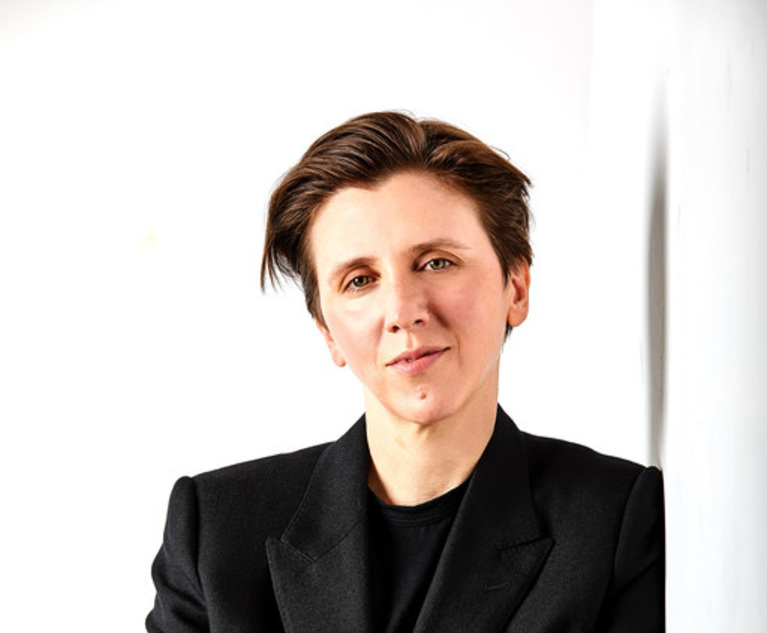 Jennifer McCarron, director of legal operations and technology at Netflix. Courtesy photo
Jennifer McCarron, director of legal operations and technology at Netflix. Courtesy photo

